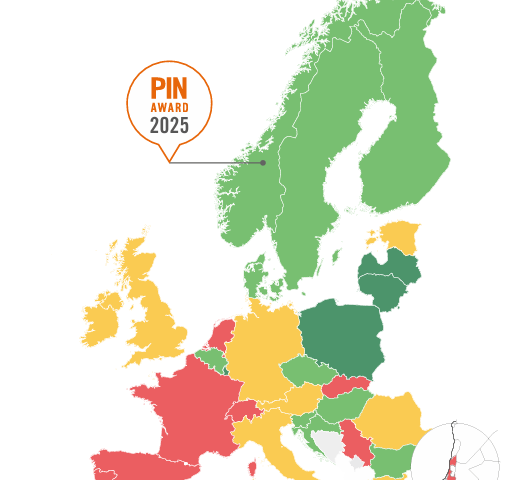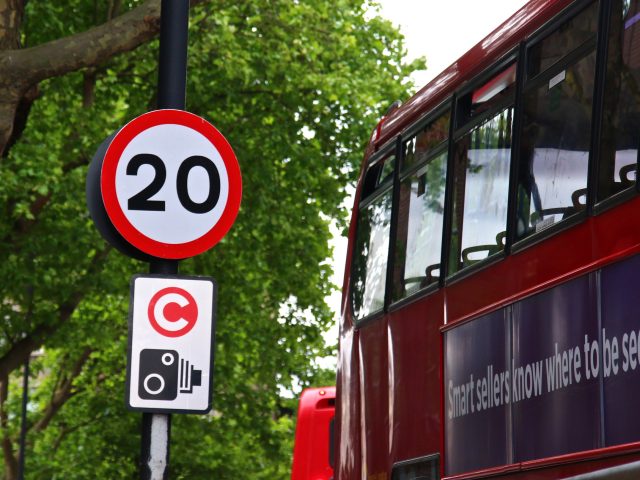France backtracks on 80km/h speed limit despite positive results
French départements will soon be able to revert to a 90km/h speed limit on roads without separation barriers, in a reversal of a decision by the government to set a lower default limit of 80km/h across France last summer. The u-turn, which followed nationwide protests by the yellow vest movement, as well as widespread vandalism of speed cameras, came despite official statistics that showed a drop in deaths linked to the new speed limit.
The French research institute Cerema and the French Road Safety Observatory have said that there were 127 fewer road deaths on rural roads limited to the new 80 km/h speed limit compared to 2013-2017 average on the same roads for the months July to December 2018.
According to the data collected by Cerema for the same study, the increase in travel time after the implementation of the measure was just one second per km driven, on average.
The decision to change course on speed limits was announced earlier this month by the French Prime Minister Edouard Philippe, who had previously been a staunch defender of the 80 km/h limits before and after their introduction.
Commenting on the change, Antonio Avenoso, ETSC executive director said:
“With more than 3000 deaths on French roads each year, the French government was right to take bold action to address speed, one of the main killers on the road. This decision represents a major public health and safety reversal based not on science and data but on emotions and short-term political considerations.”
By lowering the speed limits to 80, France had followed the example of countries with the best safety records in Europe. Sweden has a limit of 70km/h for equivalent roads. Norway, Switzerland, Denmark and the Netherlands all set the limit at 80km/h.
Inappropriate speed is responsible for 20 to 30% of all fatal road crashes according to the latest review of research on the relationship between speed and crash risk.
A report published last year by the OECD’s International Transport Forum analysed eleven cases from ten countries that have recently changed speed limits or introduced large-scale automatic speed control i.e. using time-over-distance cameras. The analysis confirmed the very strong relationship between speed and crash risk and that higher speed is associated with increased occurrence and severity of road crashes.
A survey by the UK road safety charity Brake, published earlier this month, found that a majority of British drivers considered the current maximum 60 mph (97 km/h) speed limit on unseparated rural roads in Britain to be ‘unsafe’. Four in ten road deaths in the UK occur on rural single-carriageway roads.







